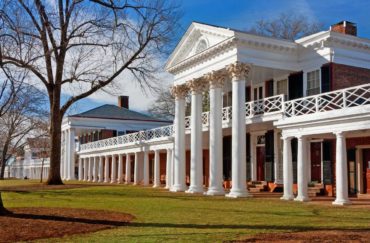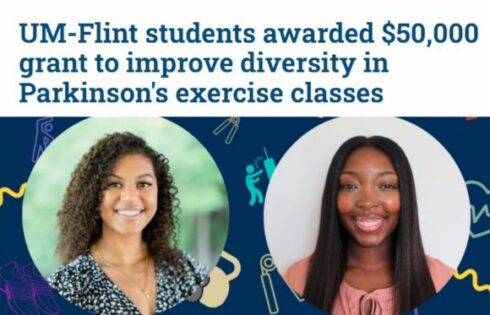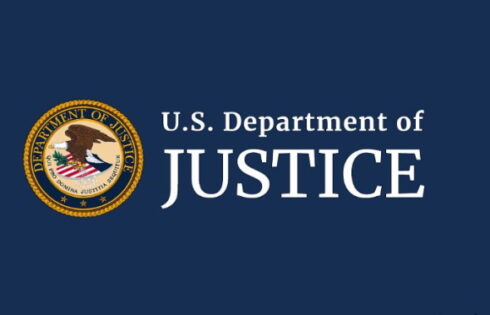
The Virginia state legislature has passed a bill that bans public colleges and universities from preferring legacy students and donor families in admissions, a bill widely expected to be signed by Gov. Glenn Youngkin.
Under the bill, “No public institution of higher education shall provide any manner of preferential treatment in the admissions decision to any student applicant on the basis of such student’s legacy status or such student’s familial relationship to any donor to such institution.”
In late January both the House of Delegates and state Senate unanimously passed the bill.
Christian Martinez, the governor’s press secretary, said the Republican governor “will review any legislation that comes to his desk but believes admission to Virginia’s universities and colleges should be based on merit.”
The bill defines “legacy status” as “the familial relationship of an individual applying for admission to an institution of higher education to an alumnus of such institution.”
State Sen. Schuyler VanValkenburg, who sponsored the bill, cited the Supreme Court’s decision banning affirmative action last June as the inspiration for the bill.
“It’s about fairness. It’s about higher ed being available to everybody,” VanValkenburg said in an interview with The Associated Press.
Virginia Tech, one of the largest universities in the state, announced in July it was removing legacy as a factor in admissions.
In August, the University of Virginia announced it would remove a check box that asked applicants if they were legacy candidates and instead offer a prompt that would allow them a chance to spell out their connections to UVA in writing.
William & Mary, another prestigious public institution in the state, “also considers legacy admissions,” the New York Times reported, adding campus leaders said they would comment on the bill after its final adoption.
Some watchdogs argue legacy admissions are not as pressing as other matters affecting higher education.
“The issue of Legacy Admissions is a red herring — a diversion to distract from the far more serious pathologies afflicting American Higher Education – especially cost, content, and conformity,” said Teresa Manning, president of the Virginia Association of Scholars, in an email to The College Fix.
“No one should fall for it, especially not Virginia’s legislators,” she said.
“Far and away the most serious and urgent problem that policy makers must address is the pathetic politicization of course content and administrators on campus, whether called ‘DIE,’ ‘CRT,’ ‘anti-racism,’ or some other trendy moniker,” Manning said.
Manning called the bill “a way of changing the subject,” adding: “These cases are not nearly as numerous as admissions based on race (racial preferences), ideology and even illegal immigration status.”
“Virginia Scholars would like to see policy makers get serious about higher education reform, not focus on distractions such as this.”
MORE: Bipartisan bill seeks to end legacy admissions in higher education
Like The College Fix on Facebook / Follow us on Twitter






Please join the conversation about our stories on Facebook, Twitter, Instagram, Reddit, MeWe, Rumble, Gab, Minds and Gettr.